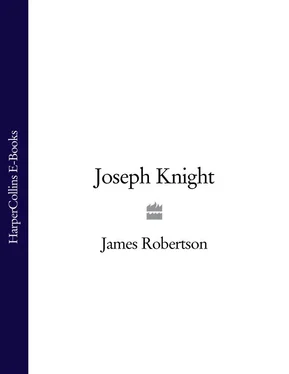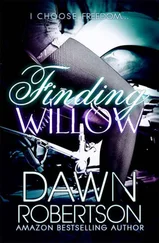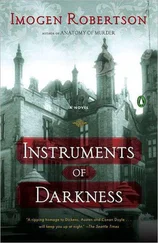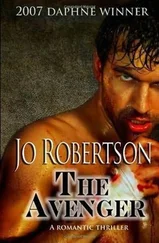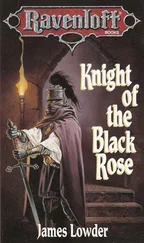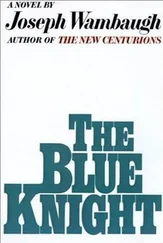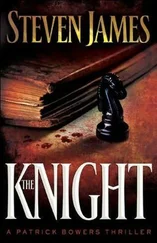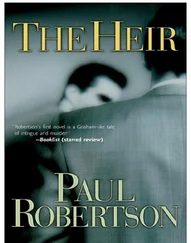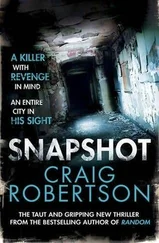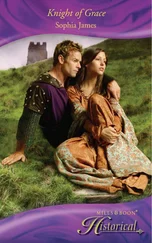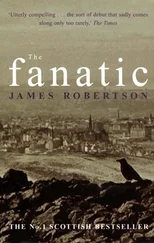1 ...7 8 9 11 12 13 ...23 ‘I must get back to Lord Ogilvy,’ said Sir John, ‘and you must take your position.’ Their horses were being held by a servant twenty yards away, and they started towards them. As they went, there was a roar from the left: the Jacobites’ paltry collection of artillery had begun firing at the enemy.
A minute later the response came from Cumberland’s three-pounders and mortars. Roundshot whistled overhead, thudding into the ground just behind the waiting Jacobite troops. Mud and heather showered up and splattered down again. Somebody screamed in agony. The enemy artillery had found the range at the first attempt.
‘God help us!’ said Sir John. He seized his son’s arm again. ‘I beg you, do not ride for Inverness. If the battle’s lost Inverness will be lost too, and they will show no mercy to those they find there.’ A mortar shell screamed overhead and exploded thirty yards away. ‘Turn south as soon as you can, and get back to the lands you know. Get into Badenoch, past Ruthven, and keep riding. Lose yourself in the mountains. Take the Lairig Ghru or one of the other passes, and keep moving till you come in above the Dee. You’ll know where you are from there?’
‘Of course. There’s no need for all this, Papa.’
They were shouting at each other now as the roundshot crashed around them. Smoke was blowing thickly across the field, but already their own guns were firing only sporadically, while the Government bombardment intensified.
‘There’s every need. I wish it were not so. A hard time is coming on us all.’ Another volley flew so low overhead that they fell to the ground, flattened by the turbulence, and when they rose they were both streaked from chest to knee in black mud and scraps of heather. Their horses were panicking, the servant struggling to control them. As they mounted, Sir John bellowed his last instructions. ‘Get across the Dee and over the hills again, by the Monega Road, till you come into Glen Isla. Seek out Mr Arthur, the minister. He got the living from your uncle Robert, who vouches for him. He will give you shelter till I can come up with you.’
‘If you’re only just behind me, we’ll meet long before Glen Isla.’
‘Aye, that’s right, John. But you’re not to wait on me, do you understand?’
A band of smoke mixed with driving rain half obscured father from son. When it cleared a little, young John turned his horse to join his troops, lifting the colours as he went from the numb hands of the drummer boy, who promptly collapsed, covered his head with his arms and started to scream.
The men of Angus were standing firm against the bombardment; so far the shot had either gone over their heads or fallen short. In front of them, though, it was a different story. As the enemy guns shortened their range, the iron balls drove great lanes through the ranks of shivering Highlanders. They tore off limbs like rags, punched holes that removed entire guts from men who were still standing, and left others dead or beyond repair on the freezing wet ground among their comrades. MacLeans, Maclachlans, Frasers, Camerons, the roundshot slaughtered them with perfect indifference. But even through the steady crack and thud of cannon fire young John Wedderburn could hear the frantic cries of the Highland officers: ‘Dùinibh a-steach! Dùinibh a-steach!’ Close up! Close up!
Runners were scurrying, back and forth between the front line and the commanders at the rear, yet nobody seemed to be in control. Wedderburn watched with rising horror. ‘Dùinibh a-steach!’ he heard again. But tightening the ranks only made them more vulnerable. Why were the men not ordered to advance? Were they all to die without striking a blow?
The Jacobite artillery had now ceased firing entirely. Briefly the enemy’s guns also fell silent. But then they began again, this time loaded with grapeshot, withering sprays of lead pellets that ripped through the clans like scythes through a field of oats. To stand and take this, after everything else, was intolerable. First the MacLeans, then all the Highlanders still surviving in the centre and right, threw off their plaids, gripped their claymores and staggered forward through the bog, screaming into the grapeshot gale as they went. They left behind them a carpet of bodies and body parts. When they were halfway across the moor the Government infantry’s muskets opened up on them.
The Angus men waited in reserve, helplessly watching the carnage. Young John Wedderburn’s terrified mare was stamping and snorting, and in bringing her under control he let her run a few paces. He glanced back through the drifting lines of smoke to see if he could spot his father. A hundred yards away a group of horsemen seemed to be moving away from the battle. John Wedderburn screwed his eyes against the smoke. He could see, he thought, the Prince among them, but not his father. He could not see him anywhere at all.
There followed a dream of flight, stretching over days. The retreat his father had hinted at did not exist, only a stream of men and horses fleeing south in total disorder. John Wedderburn was carried along by this current. Shame barely crossed his mind: his only thought was to get away. He saw many of his own Glen Prosen company running in the same direction, showing not the least concern for his ignoble behaviour. This did not relieve the sickness in his stomach. Somewhere in the last minutes of the battle he had let go the colours and had not seen them since, but the sickness was not guilt, it was fear. By the time he reached Moy the men were straggled for miles along the road, some barely able to keep moving, others asleep where they had sat down for a minute’s respite. The ground was littered with discarded weapons and uniforms, forgotten bonnets, broken shoes. John paused to rest his horse, which was lathered and unsteady from being ridden too hard. He knew he should let her walk unburdened for a while, but when more riders came up and reported that the redcoats were slaughtering any male they caught – fit, wounded, young, old, armed or weaponless – he remounted and whipped the beast south again.
Twenty miles on, as night fell, he found himself alone. Fording the pounding, numbing Spey, the mare collapsed in midstream and John had to abandon her, then fight his way across on legs like blocks of stone, bawling out animal noises of rage and exhaustion. He had not eaten since dawn, was completely drenched, frozen, shattered, frightened, friendless, and now without a horse.
He stumbled on through the gloom towards the great hulks of the Cairngorms; knew he must stop and find shelter. Not far from the river he came across a huddle of houses crouched low as dogs and every one in darkness. He knocked at the first. He was sure there were people inside but there was no answer. He pushed; the door was barred. He tried the next one: the same. At the last house, despairing, he did not knock but leant against the door, and it opened under his weight. He stepped inside, closed the door behind him.
A woman’s voice said, ‘Cò tha siud?’ – Who’s there? – and something else fast and challenging, he could not make out what: ‘Ma ’s ann a thoirt an èiginn orm a thàinig thu, tha mi cho cruaidh ri cloich; ma ’s ann dha mo spùinneadh, chan eil càil agam ach seann phoit.’ ‘Tha mi le Teàrlach,’ he said, not caring any more. I am for Charles. The voice muttered something else; it was coming from a recess at one end of the room and sounded like an acceptance, if not exactly an invitation. The room was warm, the air thick with the smell of peat, and as his eyes adjusted he saw a bank of glowing red a few feet away. He went towards it, dripping at every step, and lay down in front of the fire. In a minute, he thought, I will take off my wet things, but just for now … Seconds later he was asleep.
Читать дальше
